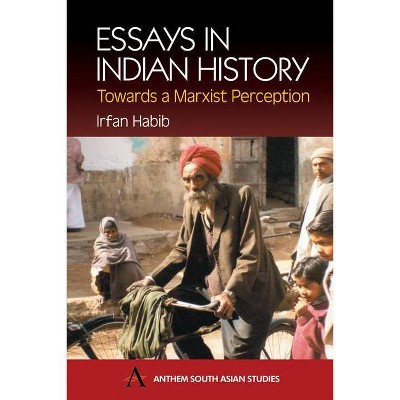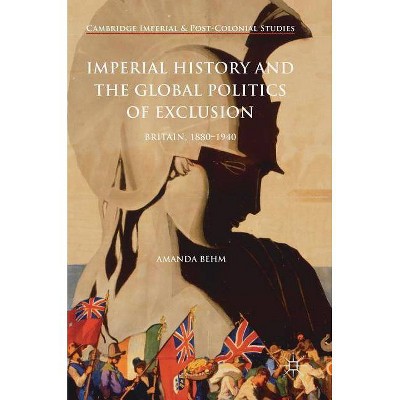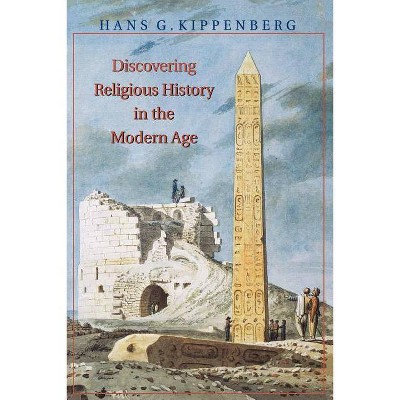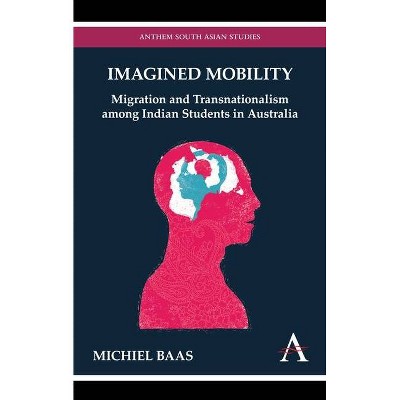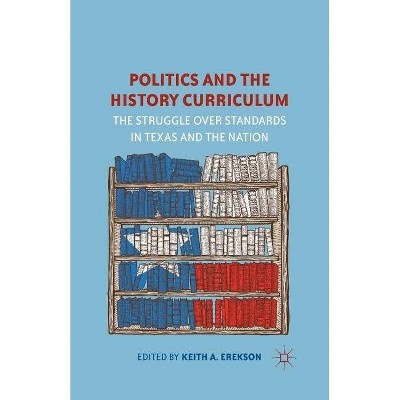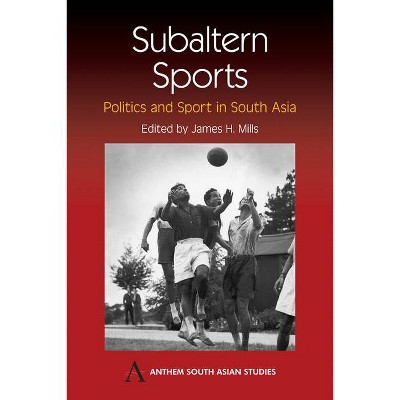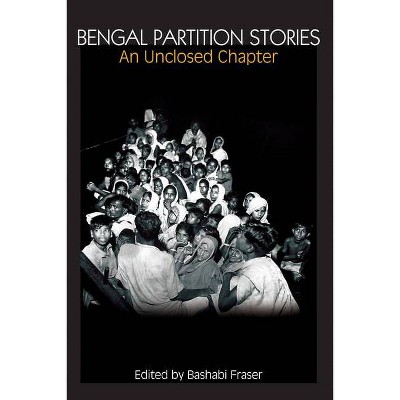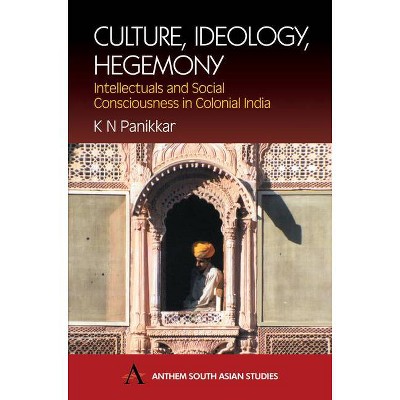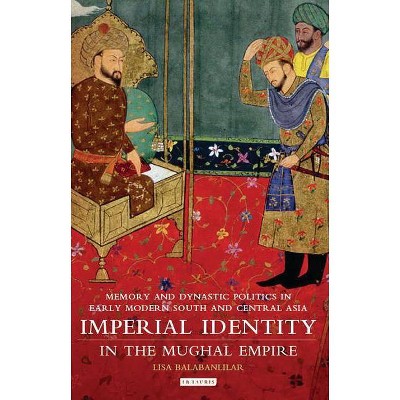The Ahmadis and the Politics of Religious Exclusion in Pakistan - (Anthem Modern South Asian History) by Ali Usman Qasmi (Paperback)

Similar Products
Products of same category from the store
AllProduct info
<p/><br></br><p><b> About the Book </b></p></br></br><p>This path-breaking work traces the history of the political exclusion of the Ahmadiyya religious minority in Pakistan, drawing on revealing new sources and connecting its discussion to larger issues of Islam in postcolonial Muslim nation-states. Winner of the Karachi Literary Festival Peace Prize 2015.</p><p/><br></br><p><b> Book Synopsis </b></p></br></br><p>Winner of the Karachi Literary Festival Peace Prize 2015, 'The Ahmadis and the Politics of Religious Exclusion in Pakistan' traces the history of the political exclusion of the Ahmadiyya religious minority in Pakistan by drawing on revealing new sources. The Ahmadis believe Mirza Ghulam Ahmad of Qadiyan (1835-1908) was a prophet (in a nuanced understanding of this term) and promised messiah. This led to the group's condemnation as infidels during the colonial period, setting in course a painful history of religious exclusion.</p> <p>Part I of this volume traces the development of the anti-Ahmadi movement from its origin in Punjab province, where an agitation movement was launched calling upon the central government to declare the Ahmadis officially non-Muslim. After the movement intensified, leading to proclamation of martial law in Lahore in 1953, the Punjab government held a court of inquiry, which released its report in 1954. The proceedings of the Munir-Kiyani inquiry commission has now become available to scholars, and is a key focus of analysis. Part II focuses on the developments in Pakistan's politics that created a discursive space where legislative measures against the Ahmadis could be deliberated and adopted by the national assembly, and argues Pakistan's first general elections in 1970 reflected the entrenchment of religious leaders in Pakistan's power politics. The national assembly's 1974 session saw Ahmadis unanimously declared as non-Muslims; the records of this session's debates are extensively reviewed in this book.</p> <p> A truly path-breaking study, this work goes beyond merely chronicling the details of anti-Ahmadi violence and the legal and administrative measures adopted against them, to address wider issues of the politics of Islam in postcolonial Muslim nation-states and their disputative engagements with the ideas of modernity and citizenship.</p><p/><br></br><p><b> Review Quotes </b></p></br></br><br><p>"In this ground-breaking study of protest, inquiry and legislation, Qasmi explores the direct and indirect political consequences of anti-Ahmadi theological polemic, shedding new light on the complicated relationship between religion, politics and the state that gripped Pakistan during its first thirty years." --Sarah Ansari, Royal Holloway, University of London</p><br><br><p>"This book is of the first importance in understanding how the rights of minorities in Pakistan have come to be sacrificed on the altar of politics." --Francis Robinson, Royal Holloway, University of London</p><br><br><p>"This is a work of impeccable research and judicious historical scrutiny." --Ian Talbot, University of Southampton</p><br><br><p>"This path-breaking [and] fascinating book is very important. First, it provides a very interesting and important account of the early history and politics of religious exclusion in Pakistan. Second, it provides an invaluable contribution to the rapidly-growing literature on the origins of sectarian violence in Pakistan [...] Based on an extensive range of primary sources, some of which have never been used before, secondary sources and interviews, the research underpinning this volume is exemplary. [...] The analysis throughout is erudite, rigorous and elegant." -- Eamon Murphy, "South Asia"</p><br><p/><br></br><p><b> About the Author </b></p></br></br><p>Ali Usman Qasmi is an assistant professor of history at the School of Humanities and Social Sciences at Lahore University of Management Sciences.</p>
Price History
Price Archive shows prices from various stores, lets you see history and find the cheapest. There is no actual sale on the website. For all support, inquiry and suggestion messages communication@pricearchive.us
